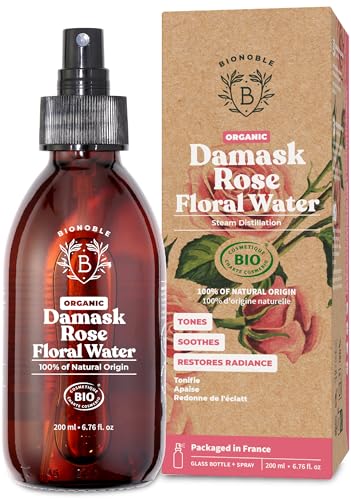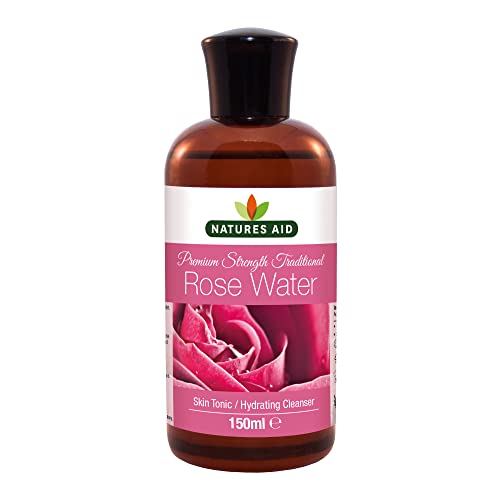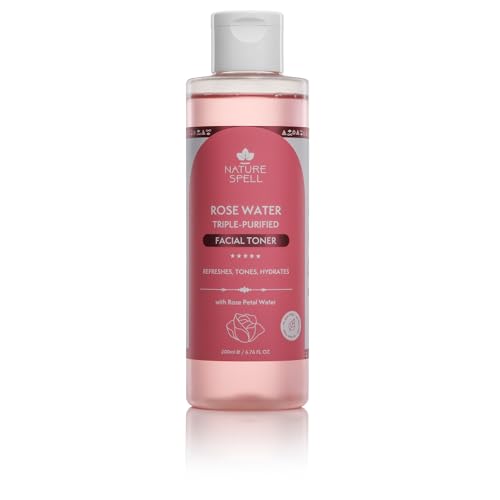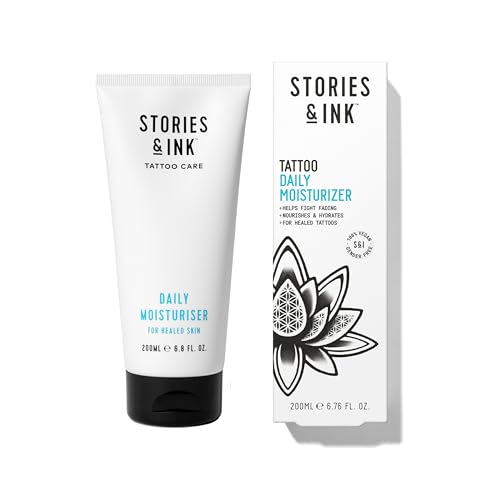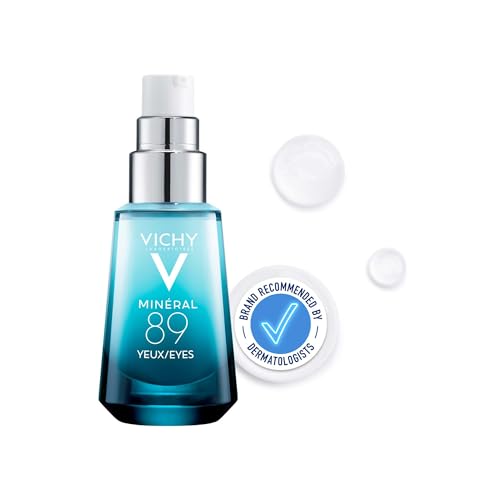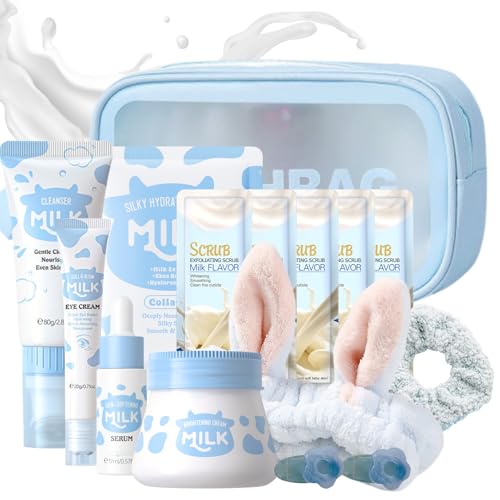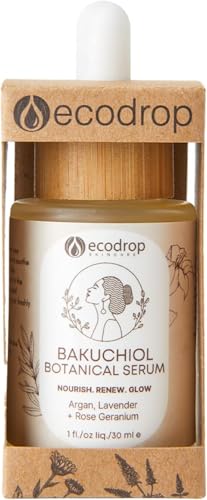What is Rose Water and How is it Made?
Understanding Rose Water
Rose water is a fragrant liquid derived from the petals of roses, specifically from the Rosa Damascena variety, known for its sweet scent. It’s created through a process called steam distillation, where steam passes through rose petals, extracting the essential oils and aromatic compounds. The result is a delicate floral water that retains the natural essence of roses, often celebrated for both its scent and skincare benefits.
The Production Process
The making of rose water involves a careful process. Fresh rose petals are harvested at dawn when their fragrance is most potent. These petals are then placed in a still, where water is added. Heat is applied, and as the steam rises, it collects the aromatic compounds from the petals. Once cooled, the steam condenses back into liquid and is collected as rose water. This process not only preserves the aroma but also harnesses the beneficial properties of the roses.
Top Benefits of Using Rose Water in Your Routine
Skin Benefits
Rose water is renowned for its skincare advantages. It acts as a gentle toner, balancing the skin’s pH and helping to reduce inflammation and redness. It’s particularly beneficial for sensitive skin types, offering hydration without heavy oils. When applied after cleansing, it helps to lock in moisture, leaving the skin fresh and supple.
Mood Booster
Beyond skin benefits, rose water has aromatherapeutic properties that can lift your mood. Its calming scent can help relieve stress and create a serene atmosphere, making it a perfect addition to your relaxation routine, whether in a bath or as part of your skincare ritual.
A Natural Antiseptic
Rose water contains antioxidants and has antibacterial properties, making it effective for treating minor cuts and burns. Dab it on the affected area for a soothing effect that helps to speed up healing.
How to Choose the Right Rose Water for Your Needs
Checking Purity and Ingredients
When selecting rose water, opt for products that are 100% pure with no added chemicals or synthetic fragrances. Look at the ingredient list to ensure it contains natural rose extract and distilled water. Pure rose water should have a clear to pale pink hue, without any sediment or cloudiness.
Finding the Right Type
Consider the form of rose water that suits your needs, whether it’s a spray, a toner in a bottle, or in a gel form. Sprays are great for quick hydration throughout the day, while toners often come with benefits like added ingredients for exfoliation or anti-ageing. Choose the form that aligns with how you intend to incorporate it into your daily routine.
Creative Ways to Use Rose Water Everyday
In Skincare
Incorporate rose water into your skincare routine by using it as a toner after cleansing. It can also be added to moisturisers for an extra hydrating boost. For a refreshing touch throughout the day, keep a rose water mist in your bag to spritz whenever your skin feels dull.
In Hair Care
Rose water is fantastic for hair as well. Mix it with your shampoo or conditioner for added shine and moisture. You can also use it as a leave-in treatment to hydrate your scalp and hair, helping reduce dandruff and adding a lovely fragrance.
In Culinary Uses
Don’t forget that rose water can be used in cooking as well. It adds a unique flavour to desserts, drinks, and even some savoury dishes. A few drops can transform your recipes with its floral note, creating an aromatic experience for your taste buds.
FAQs About Rose Water: What You Need to Know
Is Rose Water Suitable for All Skin Types?
Yes, rose water is generally suitable for all skin types, including sensitive, oily, and dry skin. Its gentle nature makes it a versatile addition to most skincare routines, helping to balance and soothe.
Can Rose Water Help with Acne?
Rose water’s anti-inflammatory properties can assist in calming acne-prone skin. While it may not directly treat acne, it can help reduce redness and irritation associated with breakouts.
How Should I Store Rose Water?
Store rose water in a cool, dark place to maintain its potency. Once opened, make sure to use it within a few months for the best results, as exposure to light and heat can degrade its quality.


